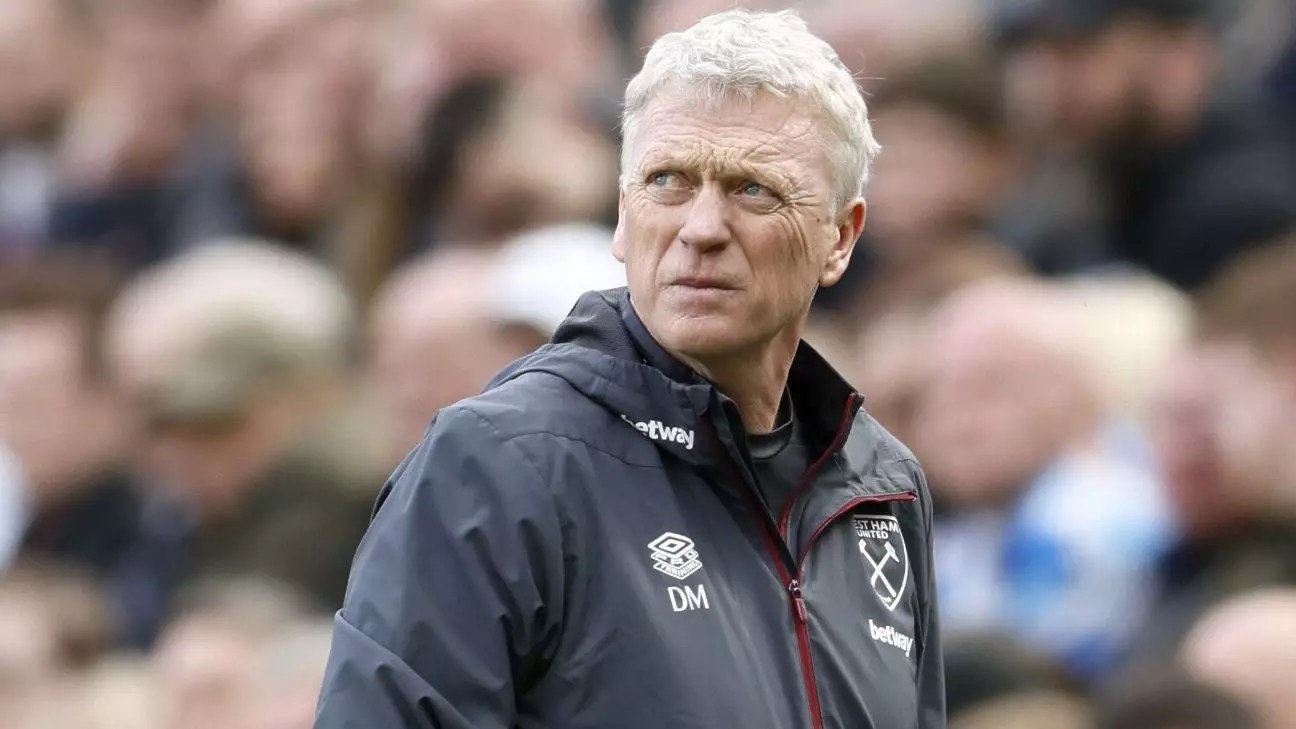The recent managerial upheaval at Everton has sparked intense speculation regarding the club’s direction as it grapples with both performance instability and ownership changes. The sacking of Sean Dyche, less than three hours before a pivotal FA Cup match against Peterborough United, highlights the urgent measures being adopted by the new owners, the Friedkin Group. Their immediate concern is to halt the worrying trend of just one victory in eleven league games, leaving Everton perilously close to the relegation zone. With the club facing a crucial transition—as it prepares for a move to a new stadium next season—the timing for decisive action could not be more critical.
Moyes: A Familiar Face
David Moyes, a former Everton manager with a complex legacy, is reportedly on the brink of returning to the club he once led for over a decade. His tenure from 2002 until 2013, marked by notable successes and a strong connection with the fan base, could potentially provide the stability needed during these tumultuous times. Moyes has been out of managerial work after stepping down from West Ham, and his willingness to re-engage with Everton is a beacon of hope for supporters who crave stability.
Despite initial attention toward high-profile candidates like José Mourinho, Moyes has emerged as the likely successor to Dyche. Mourinho, renowned for his successes with elite clubs, is currently occupied with Fenerbahce and is not being considered for the Everton role. This shift in focus reflects a pragmatic approach by the club’s leadership, opting for familiarity and a proven track record over chasing big-name fame.
The Necessity for a Swift Transition
Leighton Baines and Seamus Coleman have been temporarily appointed to manage team affairs, further emphasizing the need for a swift strategic direction. The urgency is palpable; the club’s precarious position in the league necessitates that the new ownership revitalizes the team culture and amplifies performance. Moyes’ understanding of the Premier League and his historical rapport with Everton’s fan base could catalyze a turnaround, steering the team away from the relegation zone while fostering a competitive spirit.
The change in ownership has ushered in a new era, and with it comes a profound responsibility to make choices that resonate with the club’s identity. Moyes embodies that ethos, providing a strong connection to Everton’s storied past while bringing in a blend of experience that may prove invaluable. His previous tenure featured a focus on player development and astute tactical acumen, elements that may need to be revived to ensure success.
As the dust settles, the prospect of David Moyes returning to Everton provokes a mix of nostalgia and cautious optimism. For a club that has struggled to find its footing in recent months, the potential appointment of a manager who understands the club’s culture could be pivotal. Whether Moyes can replicate his successes and lead Everton into a new chapter remains to be seen, but one thing is for certain: for both the club and its supporters, a sense of renewed hope is desperately needed.


Leave a Reply